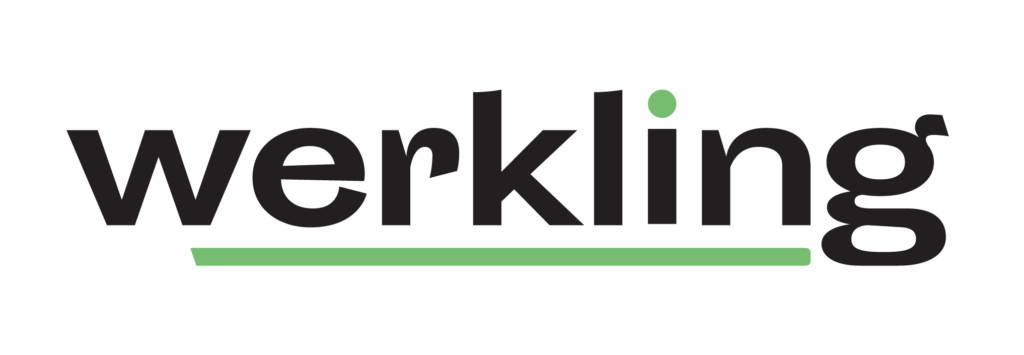The global pandemic led to a fundamental reevaluation of our careers, leading many to seek greater flexibility, balance and control over their professional lives. We’ve seen hybrid work become the norm, the rise of the four day work week and an emergence of the “digital nomad”. This post-pandemic era has also seen an acceleration of the professional gig economy and a growing trend towards portfolio careers, where professionals actively choose gig-based work over traditional nine-to-five jobs.
With the number of people identifying as “independent workers” rising from 27% in 2016 to 36% in 2022, there is no question that the talent landscape is changing. And this shift is not only transforming how people design and manage their careers, but is forcing organisations to rethink how they access top talent.
The portfolio career revolution
Unlike the outdated image of contingent workers as those stuck between jobs or unable to secure stable employment, professional on-demand talent are making a conscious choice to diversify their work experience. They’re driven by a need for flexibility, increased ownership of their careers, and the freedom to work on projects that connect with their strengths, values, and expertise.
This shift toward portfolio careers is turning the traditional employment and talent acquisition model on its head. On-demand talent do not want to be acquired, they want to be accessed. They do not want a job, they want deliverables. And in a talent short market, organisations are quickly needing to adjust their talent strategies to stay in the game.
The changing role of recruiters
The rise of the professional gig economy is transforming the role of recruiter and talent professional. Increasingly, talent professionals are stepping away from a pure ‘acquisition’ focus to one of both talent acquisition and talent access. In fact, 85% of People & Culture and Talent leaders believe that Talent Acquisition teams should play a role in helping the business access on-demand talent.
This transition requires a deeper understanding of the different segments of the broader contingent workforce and an appreciation that on-demand talent are a different segment to more traditional ‘contractors’ or ‘fixed termers’ who typically still work within the one organisation at any given time, rather than across a portfolio. Recruiters and talent professionals are fast learning that on-demand talent, such as freelancers and independent consultants, are a completely different talent segment who require a completely different playbook.
No longer confined to filling permanent or fixed term jobs within organisations, recruiters and talent professionals have become crucial connectors between businesses and on-demand talent. This shift isn’t just an adaptation, but represents a significant change in their talent approach and the value they add to an organisation. Talent professionals are increasingly helping to create more nimble, agile and disruption-ready organisations and are also presenting a cost saving alternative to big consulting. Their role, now extending beyond traditional hiring processes, involves supporting the business to resource project-based work and ‘statements of work’ engagements. But, to succeed, talent professionals must understand how to access, nurture and engage on-demand talent.
As talent professionals assume their “talent access” responsibilities, they are often interacting with external talent marketplaces and gig platforms for the first time. While this represents a new way of working and can feel like a significant step change, it is critical to unlock efficiency, improve talent access processes and decision making, access established networks and have trusted pools of on-demand talent at the ready.
Talent platforms and the professional gig economy
As talent professionals look to become more connected to this transient talent segment, they are seeking platforms, marketplaces and communities that can facilitate trusted talent access. When evaluating potential on-demand talent platforms, their are four important factors to consider:
- Values: Consider whether the values and promises of the platform align with your organisation’s culture and values. This alignment will impact the quality of the talent you’re matched to, the experience of the on-demand talent, as well as leader and team experience. Are they a transactional-based platform or community-based platform? Do they have a talent charter or shared principles?
- Algorithm: Gain as much insights as possible into the platform’s algorithm and matching processes. This will help you understand what the platform identifies as important, how talent is matched to your organisation, and how bias is eliminated. Do they value ex-consulting talent or ex-inhouse talent? Do they factor in peer referral or leader feedback?
- Human: Seek to understand the level of human involvement and oversight within their processes and network. Ask questions to better understand the role of humans in the talent experience, the matching process and the leader experience. Is talent matching done by AI, a human, or blended? Can you access support to write a gig brief?
- Community: When evaluating a talent platform, it is important to understand the experience of the on-demand talent, those on the other side of the marketplace. How does the platform support their talent community? How do they engage and stay connected to their on-demand talent?
Portfolio careers and the need for a more agile workforce are creating the perfect storm for the professional gig economy. In response, talent strategies and the role of talent professionals are shifting from traditional talent acquisition to a dual focus on both talent acquisition and access. On-demand talent marketplaces and platforms, with their ability to enhance decision-making and talent connectivity, are set to play a pivotal role in this transformation.
To learn more about Werkling, head here or book a time with the Werkling team, head here.

